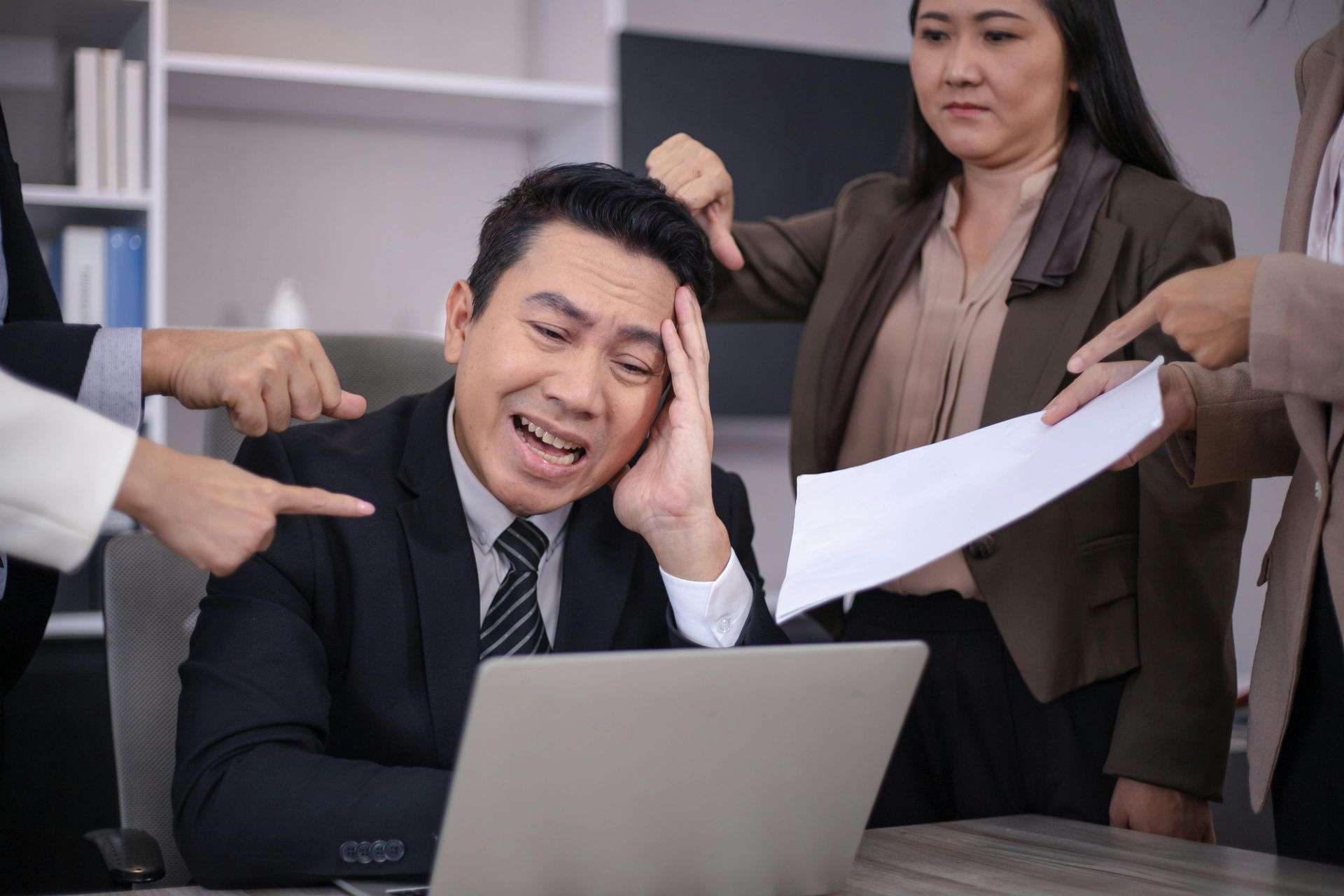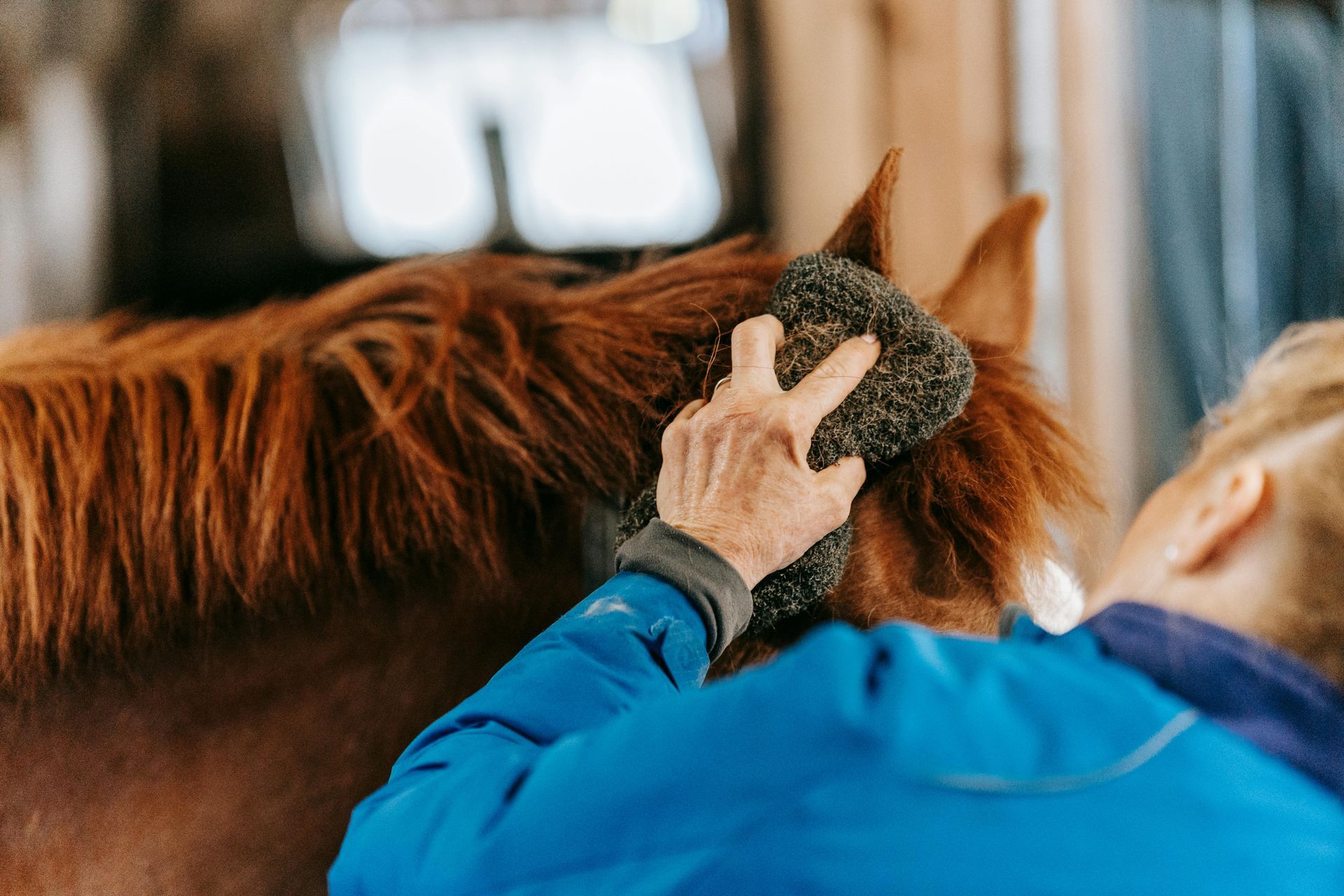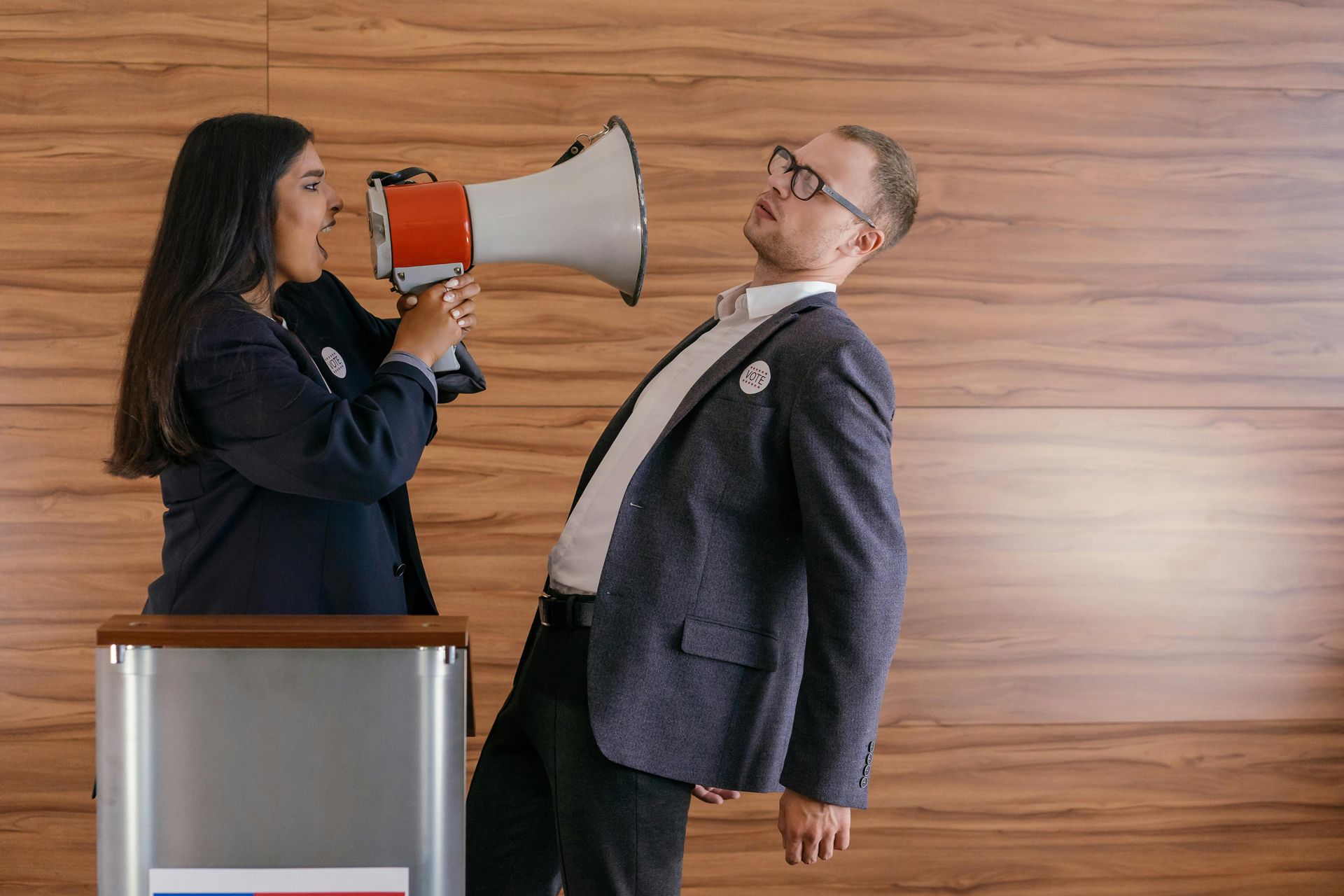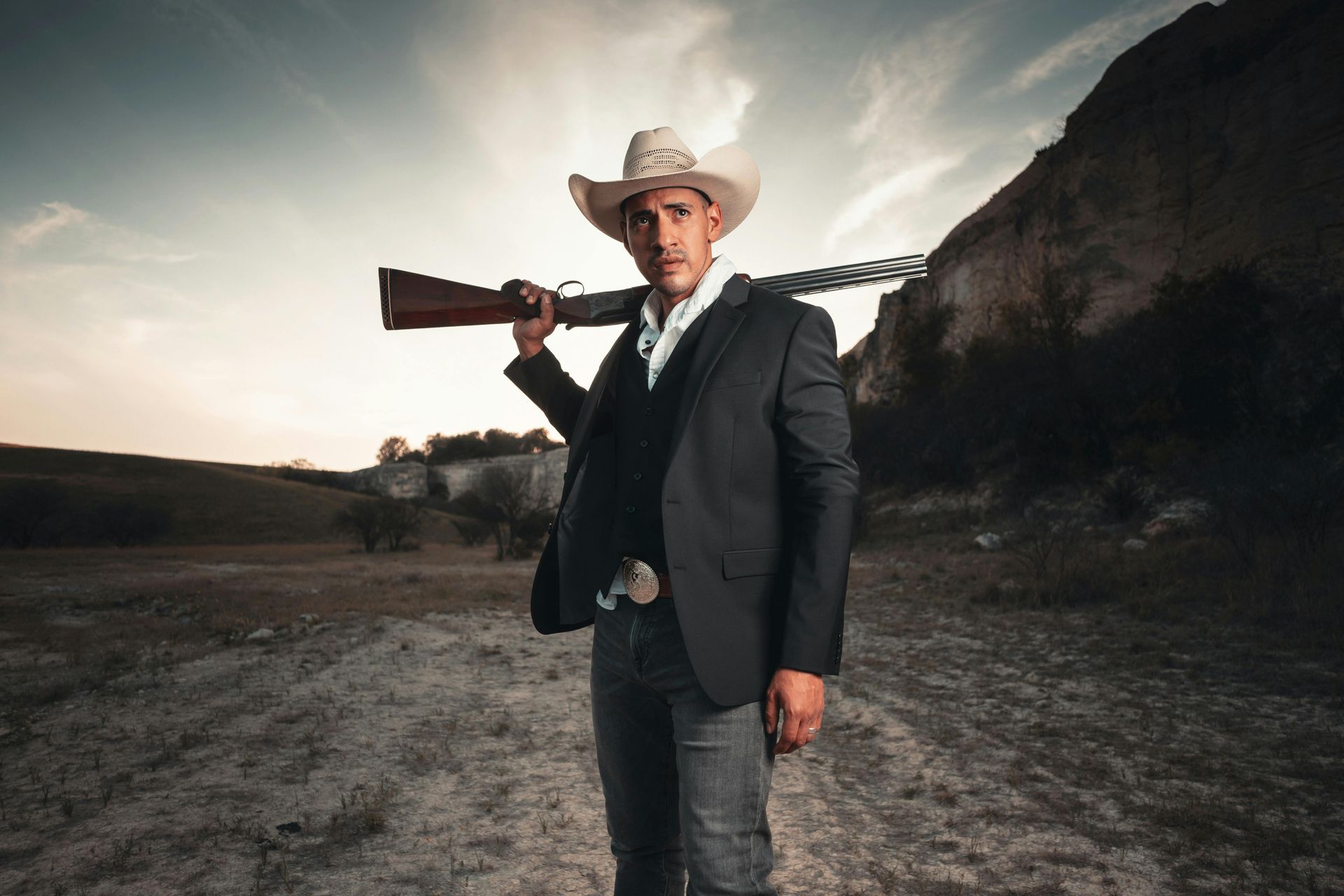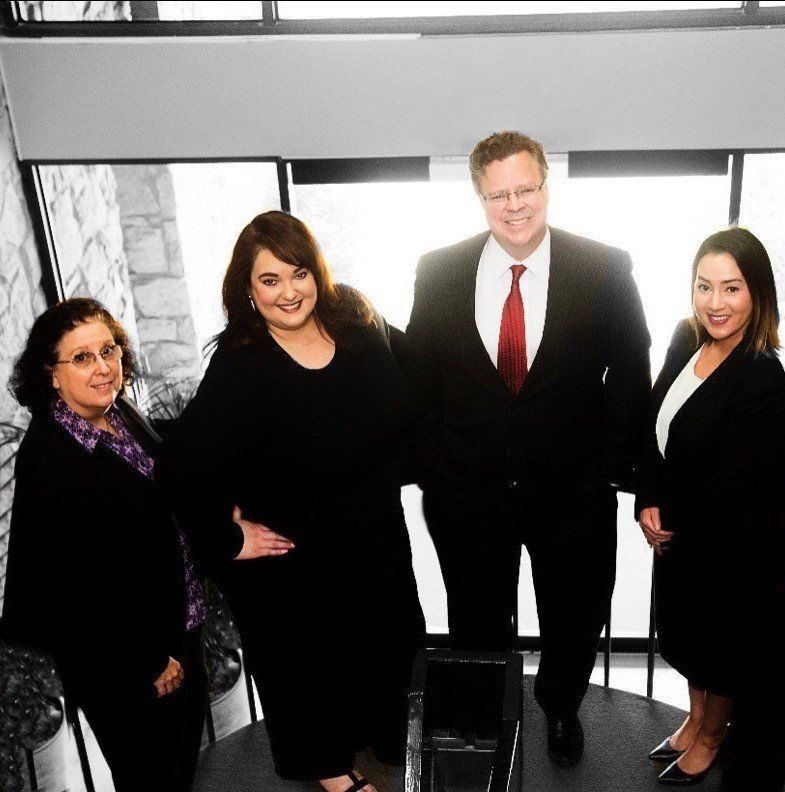BUSINESS LEGAL NEWS BLOG
Check out our current legal blogs for business news and stay on top of what is going on in business law.
NEWS IN BUSINESS LAW

Clients Are Our focus!
Our Dallas lawyers represent individuals, small businesses, entrepreneurs, and creative artists and inventors. Whether you need to start a new business, file a trademark, negotiate a contract, our lawyers are ready to serve your diverse needs. Our business and litigation lawyers also represent and defend clients in court throughout the United States, including the U.S. District Courts for the Eastern District of Texas, the Northern District of Texas, and the Western District of Texas.
Need any help?
CLIENT MATTERS
5,000+
YEARS OF SERVICE
25+
Award Winning
Recognized in the legal industry as dedicated board-certified lawyers and Rising Stars.
Expert Team
Your project will be handled by legal experts every time. You will have the most experienced attorneys working for you.
Quality Representation
Located in Bent Tree Plaza Just North of the North Dallas Tollway and Keller Springs Rd.
Wilson Legal Group P.C.
16610 Dallas Parkway, Suite 1000
Dallas, Texas 75248
(972) 248-8080
(972) 248-8088
For more information on how we can assist in your intellectual property, commercial litigation, or other personal needs, let us know how we can help you:
Contact Us
Disclaimer:
This form does not establish an attorney-client relationship, and should only be used to contact the firm about scheduling a call or meeting. No confidential or sensitive information should be sent using this form.





